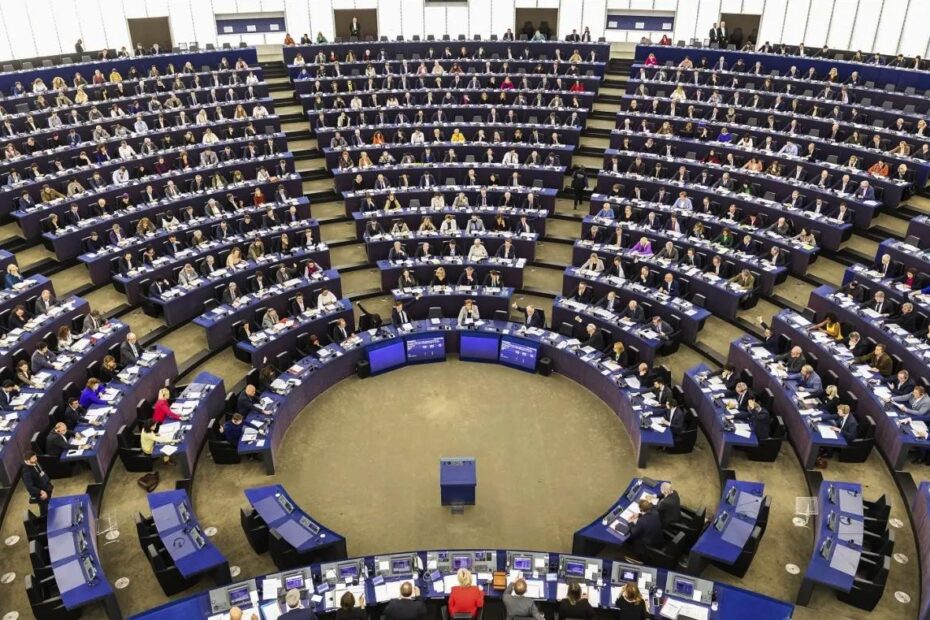On June 6th, the elections for the European Parliament will commence, starting in the Netherlands, followed by the Czech Republic and Ireland on the next day. The rest of the member states will vote on Saturday and Sunday. According to the latest polls, the European People’s Party (EPP) is projected to win 177 seats, a decrease from 182 in 2019.* The Progressive Alliance of Socialists and Democrats (S&D) is expected to secure 131 seats, down from 154,* while Renew Europe is predicted to drop to 81 seats from 108. The Greens are forecasted to obtain 52 seats, a decline from 72. Conversely, the European Conservatives and Reformists (ECR) are set to increase their representation to 73 seats from 62. Identity and Democracy (ID) is expected to decrease to 60 seats from 73,* and The Left is projected to have 36 seats, down from 41. The Non-Inscrits group is anticipated to rise to 79 seats from 57.*
The current grand coalition, consisting of the EPP, S&D, and Renew Europe, is poised to lose a substantial number of seats, especially the latter two groups. Meanwhile, right-wing parties like the ECR are expected to gain more influence. Controversies surrounding parties such as Germany’s AfD, Slovakia’s SMER and HLAS, and Hungary’s FIDESZ have led to an increase in Non-Inscrits in the European Parliament, raising questions about which European groups they will eventually join, especially given their common pro-Russian and Eurosceptic rhetoric.
*In 2021, FIDESZ left the EPP, reducing their seats by nine; in 2023, S&D suspended SMER and HLAS, decreasing their seats by six; and in 2024, the ID group suspended AfD, resulting in a loss of 15 seats. All of them automatically joined Non-Inscrits.
Betting Odds for the Future of European Parliament Groups:
There is a possibility that Identity and Democracy (ID) and the European Conservatives and Reformists (ECR) will merge, forming a new right-wing group that could pose a significant threat to the European People’s Party (EPP).
Another scenario suggests the creation of a more Eurosceptic group, with HLAS, SMER, FIDESZ, and AfD as its members, reflecting their common pro-Russian and Eurosceptic stance.
The least likely scenario is that all current party groups will remain unchanged, continuing their existing alignments without any major shifts or mergers.
